Table of Contents
AI
I write a substack based on OIAs and proactive releases called NZ Covid response – a short history. Use this link to check it out: nzcovidresponse.substack.com
Sometimes all these Covid-related OIAs and proactive releases just throw up the most batsh*t things – and I can’t resist sharing a small part of the landscape that made up Covid behavioural nudging, summer.
During the height of Covid in New Zealand, there was an incredible amount of behavioural nudging going on to ensure compliance with Covid restrictions, and then later to get vaccinated.
For summer 2020, The Research Agency (TRA) were commissioned to do two pieces of research through the Department of Prime Minister and Cabinet (DPMC) specifically around summer. It was designed to feed into the Unite Against Covid marketing that was led through advertising agency, Clemenger BBDO.
TRA had previously done work that said people under 35, and specifically under 25, are the hardest to reach on following Covid precautions and called out “…youth represent the greatest risk of non-compliance, and are less likely to respond to community-based messages. Social positive social norming among youth, not just the whole population, will be important.”
Reporting on a series of focus groups in November 2020 to DPMC, TRA let them know summer is here and “fear is a background hum.” In fact, they even described to DPMC:
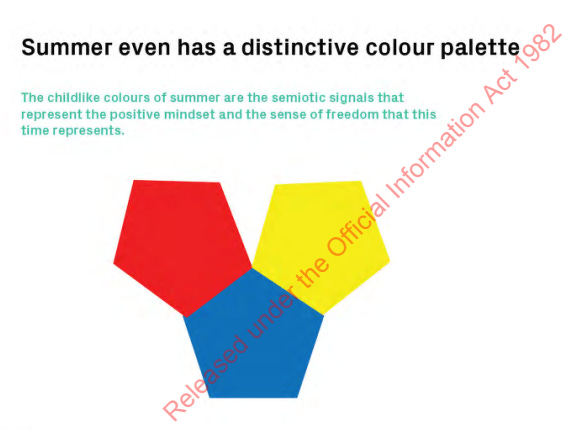
To prepare the Unite Against Covid brand for summer TRA recommended:
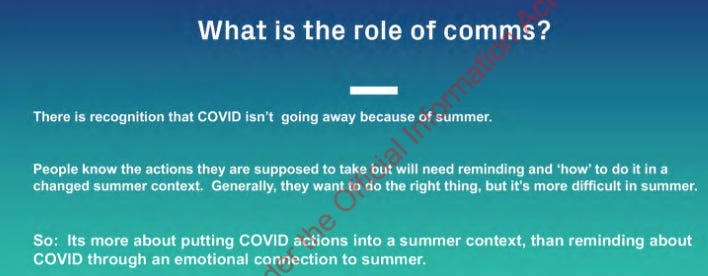
TRA tested some concepts and found imagery with people in them work well.
The advice ‘isolate if you’re sick’ didn’t perform well as many people have summer hay fever which conflicted with Covid symptoms. They noted appealing to a younger audience with ‘summer for others’ was better – it was an older audience that reacted better to the words ‘visit safe’.
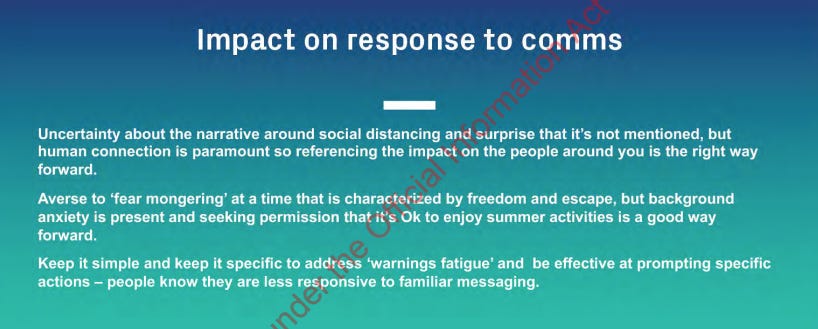
As well as the focus groups they ran a survey with over 800 people on their attitudes to summer which found caution within ‘our relaxed mood’ as summer approaches.
They also found half of people would have their phone within reach over summer but there was a need to ‘educate people more around privacy’ to encourage uptake to turn on Bluetooth within the Covid Tracer app.
(This was a real problem initially – low scanning with the app and then convincing people to turn on Bluetooth in the app when it was released.)
All this research led to the unstoppable summer campaign to push those pandemic behaviours. The campaign was launched by then Covid-19 Response Minister Chris Hipkins at the start of a December 2020 cricket match in Wellington. He noted a spike in cases during Thanksgiving in the United States and added “…we don’t want that to happen here.” I can’t resist saying, the team who was playing New Zealand in that match was the West Indies, who were so naughty in MIQ through mingling in a hallway, they ended up being confined to their rooms.
Unstoppable summer had several media spots, including one featuring then Director-General of Health Ashley Bloomfield, costing almost $40,000 it…actually, look I can’t bring myself to continue or embed that video, nor any of the other cringe-worthy spots. You’ll have to click through to Youtube to see it.
Those other advertising spots generated complaints to the Advertising Standards Authority (ASA). 1 spot showed a woman, feeling sick and leaving a party but shockingly her close contact wasn’t explicitly shown to be isolating. That was the complaint! Wait, it gets better, there was also complaints that another summer spot which showed someone picking up and breathing on a sausage which had caught fire – was also showing poor pandemic behaviour. By er openly breathing?
DPMC also used influencers to reach those target audiences. “There were nine content creators to promote the message as part of the Summer Campaign – Summer Influencers and Be Prepared Campaign – Isolation Influencers. These individuals were Meagan Kerr, The Modern Singhs, Ralph Weekender, Janaye Henry, Jazz Thornton, Henry Waugh, James Roque, The Girls Uninterrupted and Haylee Clarke.”
Costs to influencers were refused as it was done through (I assume) OMD – the media buying agency DPMC contracted.
2 shots for summer vaccination campaign
The 2 shots for summer campaign was aimed at getting 16 to 29-year-olds vaccinated – yes, the ‘young and healthy’ as the Ministry of Health called them in their presentation on using domestic vaccine passes at large events.

And as Clemenger BBDO the marketing agency behind the campaign said “Young people were the trickiest segment to move to get VAX1+VAX2. They could wait it out, right? But summer wasn’t waiting for them. Enter the lyrical smoothness of Kiwi rapper JessB, set to a dreamy, found-footagey summerscape of the times young Kiwis craved, and they could help pave. All by getting double vaxxed.“
And that is how we got this:
The summer vaccination campaign also received complaints due to the ‘sexual nature’ of the messaging and whether the government was implying people could not have sex without being vaccinated.
But ASA Complaints Board Chair Raewyn Anderson said “…the sexual references in the advertisement: the phrase “two to do the deed” combined with the fleeting images of two ladybirds copulating and two people kissing, did not reach the threshold to cause serious or widespread offence”.
In fact, the ASA even got complaints on the misleading nature of the campaign for only having two shots when the booster campaign started!
Domestic vaccine passes, which you needed two shots for, were also sold as getting you summer ready – a press release from then Minister Hipkins stated “…the pass will mean people will be able to do the things they love, like going to concerts and music festivals, nights out at bars and restaurants, and going to the gym and sports events.”
What happened?
One of the very few events that did go ahead in January 2022 called Soundsplash….had a Covid outbreak among some attendees.
And it had required vaccine passes and QR scanning.

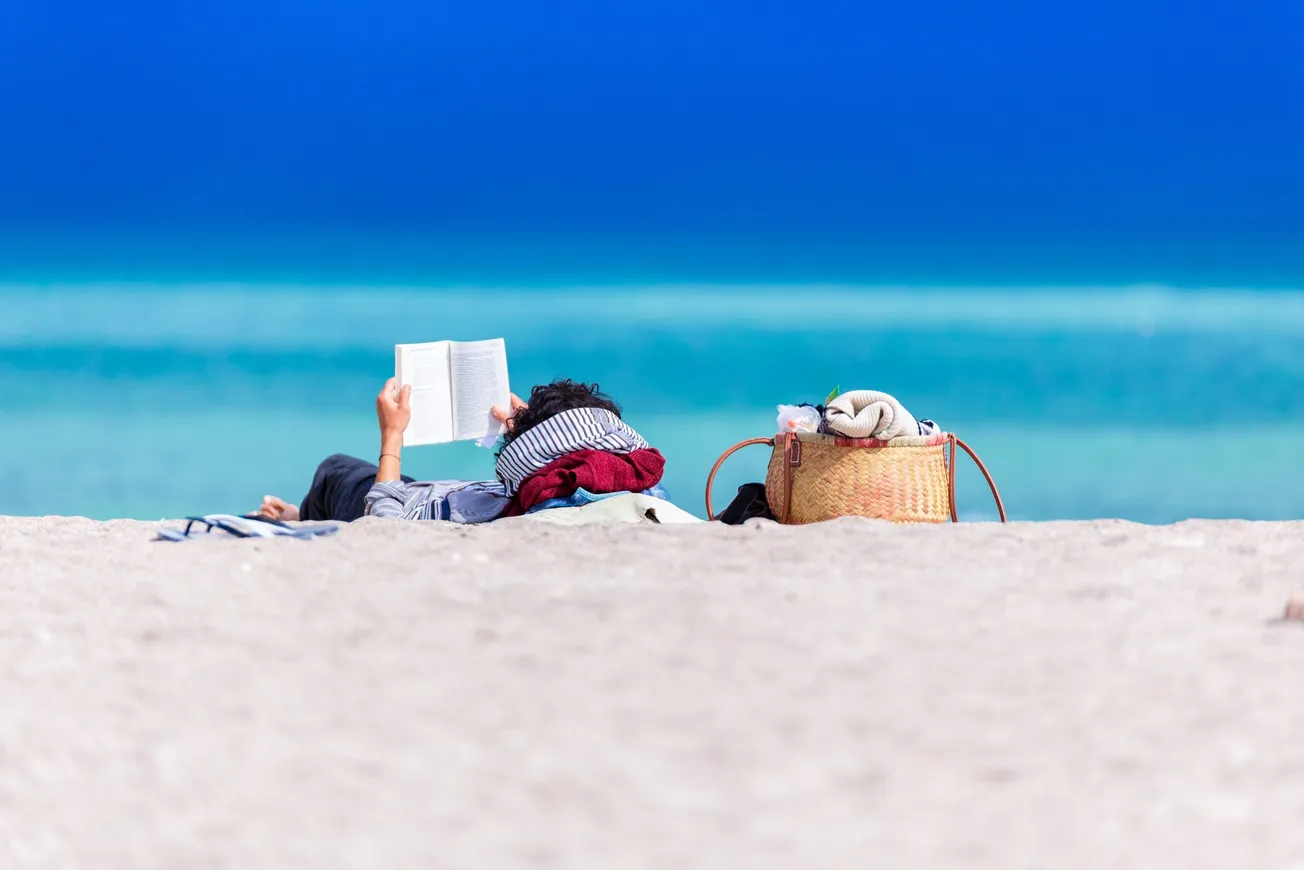




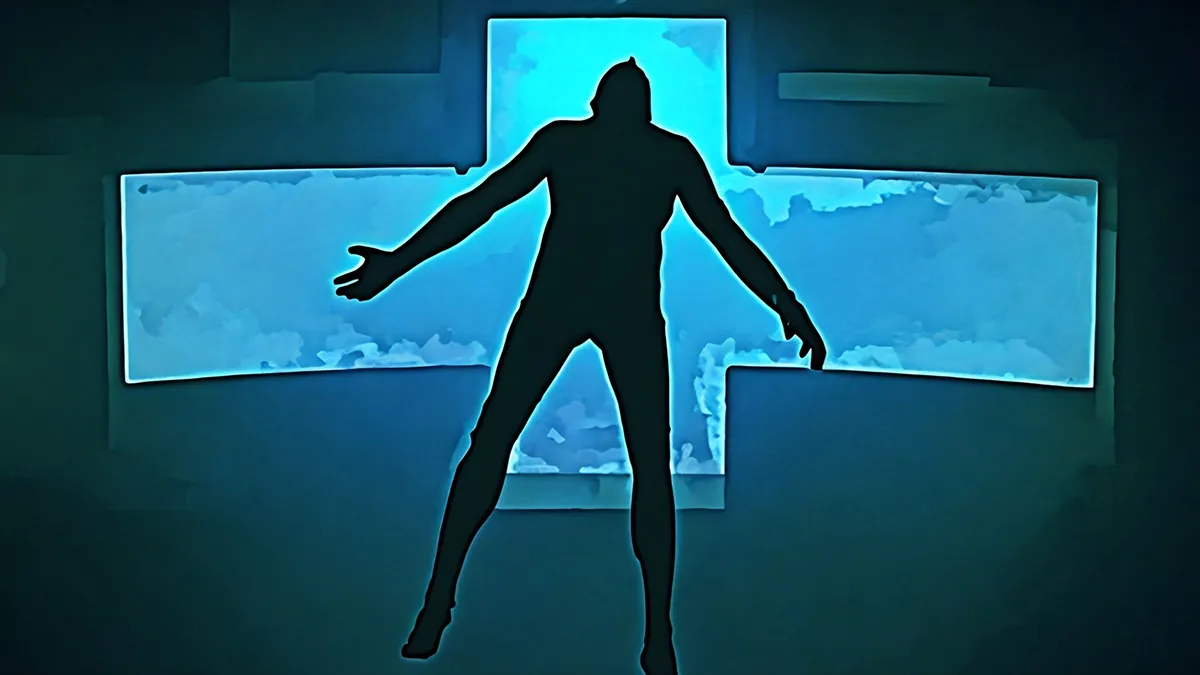
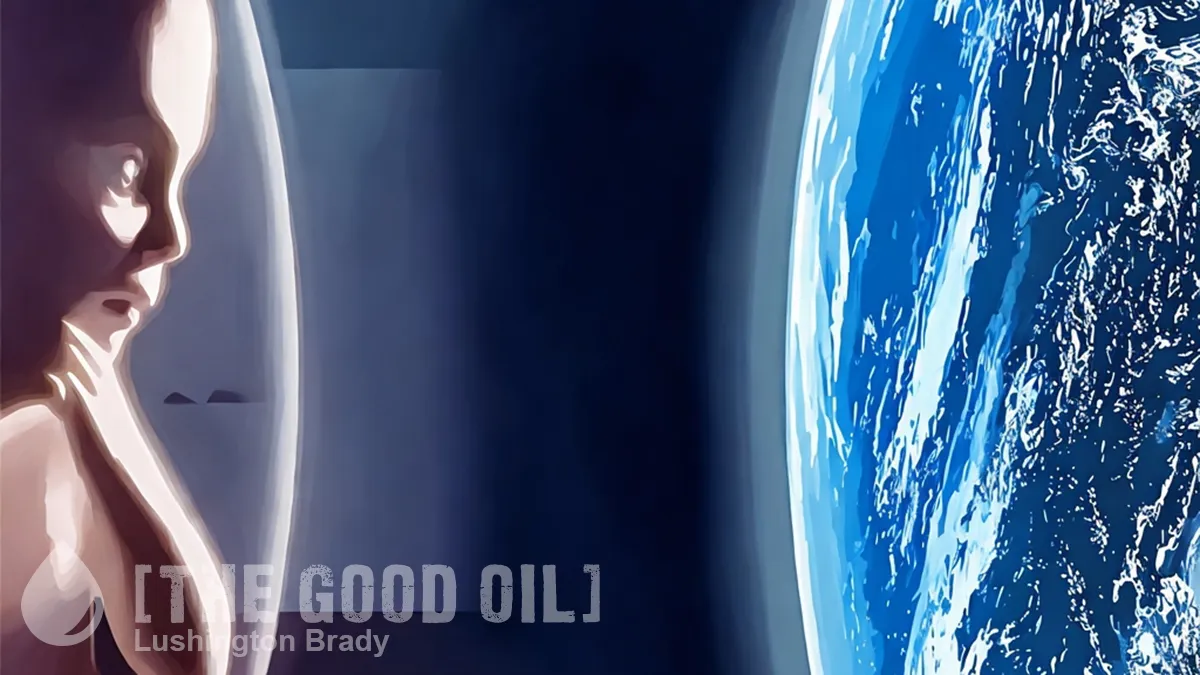
![[The Good Oil] March 2026 Political Poll](https://images.unsplash.com/photo-1540910419892-4a36d2c3266c?crop=entropy&cs=tinysrgb&fit=max&fm=webp&ixid=M3wxMTc3M3wwfDF8c2VhcmNofDk1fHx2b3Rpbmd8ZW58MHx8fHwxNzIyMzkxNTI4fDA&ixlib=rb-4.0.3&q=80&w=1304)
